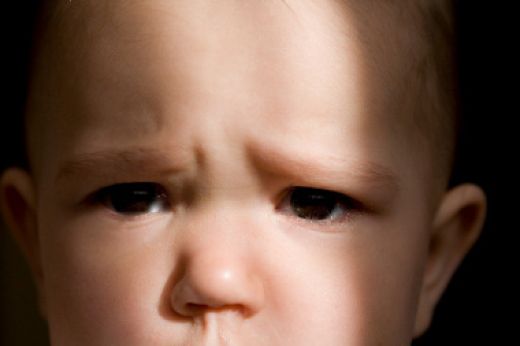Bruce Perry: “Children are not resilient, children are malleable”

Dr. Bruce Perry is well known for helping us understand the potentially lasting devastation trauma can cause in the lives of young children and “how states become traits”. Below are a few excerpts from his article Childhood Trauma, the Neurobiology of Adaptation, and ‘Use-dependent’ Development of the Brain: How ‘States’ Become ‘Traits’.
Adults interpret the actions, words, and expressions of children through the distorted filter of their own beliefs. In the lives of most infants and children, these common adult misinterpretations are relatively benign. In many cases, however, these misinterpretations can be destructive. The most dramatic example occurs when the impact of traumatic events on infants and young children is minimized. It is an ultimate irony that at the time when the human is most vulnerable to the effects of trauma – during infancy and childhood – adults generally presume the most resilience.
…
We often hear “Children are resilient,” or “They’ll get over it, they didn’t even know what was happening.” It is not uncommon for adults to relate the traumatic events… in the presence of the child as if they were invisible. Often, recounting the event, the adults will describe how the traumatic event was terrifying for them, but as they describe the child’s reactions they frequently misunderstand the child’s unattached, non-reactive behaviors as “not being affected” rather than the “surrender” response. This pervasive destructive view of care taking adults in a young child’s life exacerbates the potential negative impact of trauma. Of course, children “get over it” – they have no choice. Children are not resilient, children are malleable. In the process of “getting over it,” elements of their true emotional, behavioral, cognitive, and social potential are diminished – some percentage of capacity is lost, a piece of the child is lost forever.
…
Persistence of the destructive myth that “children are resilient” will prevent millions of children, and our society, from meeting their true potential. Persistence of the pervasive maltreatment of children in the face of decreasing global and national resources will lead, inevitably to socio-cultural devolution.It need not be so.
— B.D. Perry et al (excerpts from Childhood Trauma, the Neurobiology of Adaptation, and ‘Use-dependent’ Development of the Brain: How ‘States’ Become ‘Traits’
Bruce D. Perry, M.D., Ph.D.
Dr. Perry is the Founder and Senior Fellow of The Child Trauma Academy, and adjunct Professor in the Department of Psychiatry and Behavioral Sciences at the Feinberg School of Medicine at Northwestern University in Chicago. He is the author, with Maia Szalavitz, of The Boy Who Was Raised As A Dog, a bestsellingbook based on his work with maltreated children and Born For Love: Why Empathy is Essential and Endangered. Over the last thirty years, Dr. Perry has been an active teacher, clinician and researcher in children’s mental health and the neurosciences holding a variety of academic positions.
###
Powered by WPeMatico